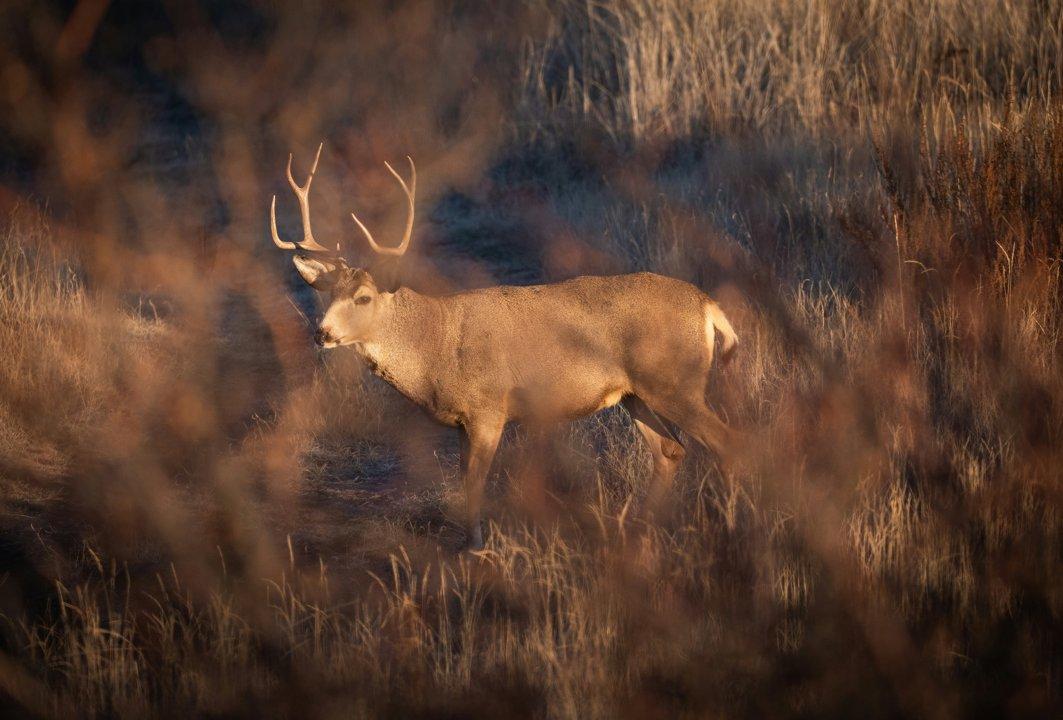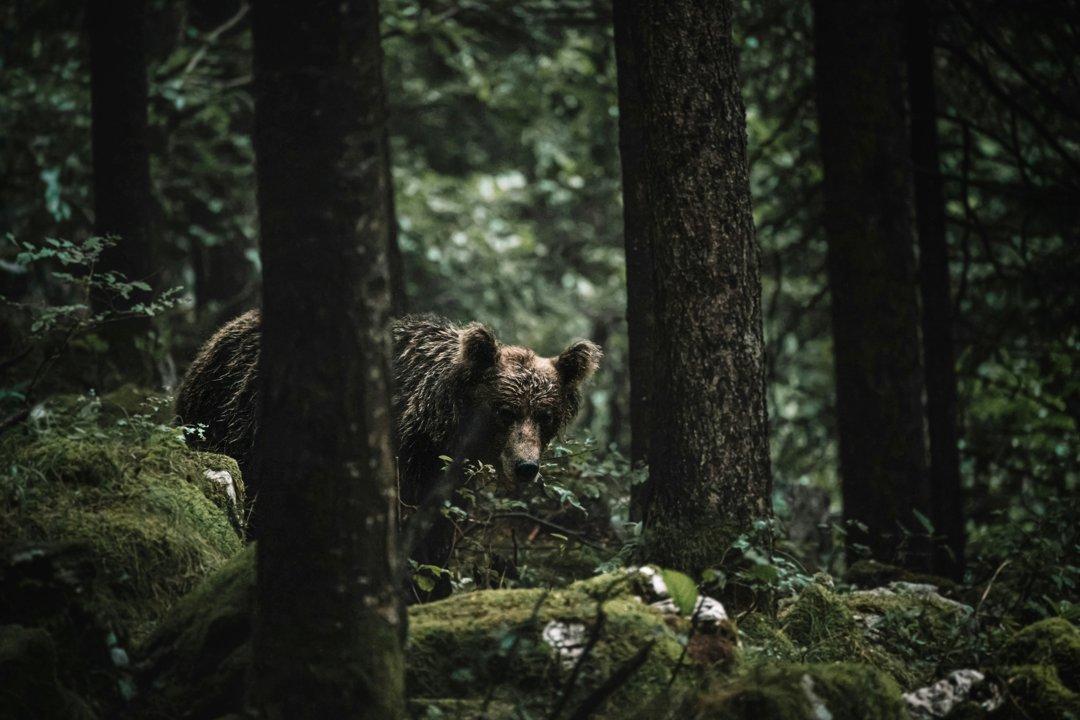Post
Black Bear Hunting Seasons in Florida and Louisiana Generate Crucial Conservation Funding
Florida and Louisiana are demonstrating how regulated black bear hunting seasons can provide significant conservation funding while supporting wildlife management goals. According to the Congressional Sportsmen’s Foundation (CSF), revenues from hunting licenses and permits are being reinvested into habitat restoration, research, and public education, ensuring that black bear populations remain healthy and sustainable. 🐻 Black Bear Populations in the Southeast - Black bears (Ursus americanus) are the only bear species native to the southeastern United States. Once threatened by habitat loss and overhunting, populations have rebounded thanks to decades of conservation work. - Florida’s black bear population is estimated at over 4,000 individuals, spread across several core regions. - Louisiana’s population, historically concentrated in the Atchafalaya Basin and Mississippi Alluvial Valley, has also shown steady recovery. - Both states now manage bears as a renewable wildlife resource, balancing ecological needs with hunting opportunities. 🎯 The Role of Hunting Seasons Florida and Louisiana have authorized limited, highly regulated black bear hunting seasons designed to: - Control population growth in areas where human–bear conflicts are increasing. - Generate revenue through license sales and special permits. - Reinforce the North American Model of Wildlife Conservation, which emphasizes that wildlife is a public trust resource funded by hunters and anglers. These seasons are not open‑ended; they are carefully structured with quotas, reporting requirements, and strict enforcement to ensure sustainability. 💰 Conservation Funding Through Hunting Revenue from black bear hunting seasons directly supports conservation: - License and permit sales contribute to state wildlife agency budgets. - Funds are reinvested into habitat management, research, and enforcement. - Additional federal dollars flow to the states through the Pittman‑Robertson Act, which matches state hunting revenue with excise taxes on firearms and ammunition. This funding model ensures that hunters play a direct role in financing the long‑term health of black bear populations. 📊 Florida’s Approach Florida’s Fish and Wildlife Conservation Commission (FWC) has emphasized that: - Bear hunting is limited to specific management units. - Harvest quotas are set based on scientific population data. - Hunters are required to check harvested bears at designated stations for biological sampling. The FWC stresses that the goal is not to reduce bear populations drastically, but to stabilize growth and reduce conflicts in suburban and rural communities. 🌲 Louisiana’s Strategy Louisiana’s Department of Wildlife and Fisheries (LDWF) has also implemented a carefully managed season: - Permits are limited and distributed through a lottery system. - Harvest numbers are capped to ensure sustainability. - Revenue supports ongoing research into the Louisiana black bear, which was removed from the federal endangered species list in 2016 after decades of recovery efforts. The LDWF highlights that hunting is now part of the long‑term management plan to keep populations healthy and prevent renewed federal intervention. 🧬 Science‑Based Wildlife Management Both states rely on scientific data to guide hunting regulations: Population surveys, GPS collar studies, and habitat assessments inform quotas. - Biologists monitor reproduction rates, mortality, and genetic diversity. - Adaptive management ensures that regulations can be adjusted annually based on new data. This science‑driven approach is central to maintaining public trust and ensuring that hunting seasons remain sustainable. 🌍 Broader Implications for Conservation The success of black bear hunting seasons in Florida and Louisiana has broader implications: Demonstrates how regulated hunting can coexist with conservation goals. Provides a model for other states managing growing bear populations, such as Georgia, North Carolina, and Arkansas. Reinforces the principle that hunters are among the most important funders of wildlife conservation in the U.S. 🔎 Conclusion The black bear hunting seasons in Florida and Louisiana are proving to be more than just recreational opportunities—they are vital tools for conservation funding and wildlife management. By channeling license and permit revenues into habitat restoration, research, and enforcement, both states are ensuring that black bear populations remain healthy for future generations. As debates over hunting continue nationwide, Florida and Louisiana stand as examples of how regulated hunting seasons can generate valuable conservation funding while maintaining ecological balance.
James Brown
No comments yet
See other posts USA: all about hunting and fishing, news, forum.

Arkansas Alternative Firearms Deer Hunting Season Opens October 2025: What Hunters Need to Know Arkansas hunters are preparing for the start of the state’s alternative f
14 October 9:41

Black Bear Fatally Mauls Camper in U.S. Wilderness: Tragedy Sparks Renewed Debate on Wildlife Safety A tragic incident in early October 2025 has left the outdoor communi
14 October 8:20

Outrage as Trophy Hunters Kill Rare Animal: Global Debate on Trophy Hunting Intensifies Animal rights groups and conservationists have expressed outrage after reports co
14 October 7:25

Nationwide Decline in Doe Harvest Raises Concerns for Deer Management in 2025 Wildlife experts and conservation leaders are sounding the alarm: hunters across the United
13 October 13:22

Colorado Suspends Hunts on Federal Lands Amid Government Shutdown: What Hunters Need to Know The 2025 federal government shutdown has forced Colorado to suspend hunting
6 October 14:15
UH.APP — Social media network and application for hunters